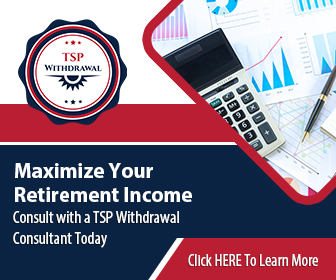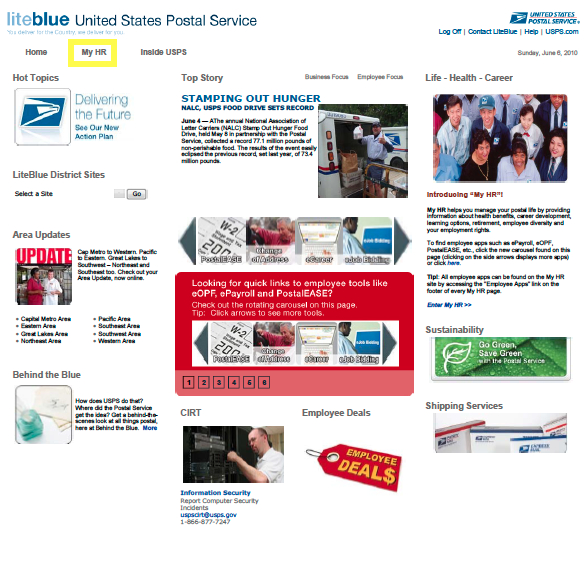Are You Financially Ready to Retire?
 Do you want to retire yet, and if so are you financially ready to do so? Retirement requires planning and adjustment – both financial and emotional. This article focuses on the financial aspects of planning for retirement.
Do you want to retire yet, and if so are you financially ready to do so? Retirement requires planning and adjustment – both financial and emotional. This article focuses on the financial aspects of planning for retirement.
In retirement, your lifestyle will change, and you will have time to do many things you haven’t had time for in the past. You will need to decide how you want to spend your time and what activities you would like to pursue. And you will need to determine whether you will be able to afford your planned lifestyle.
You should look very carefully at your expected finances after retirement — including your savings and investments, your pensions and/or annuities, your Social Security income, and whether you want to continue to work to earn additional money and/or keep being productive.
There are a number of finance-related factors you should consider when planning for retirement. After deciding on the lifestyle you hope to live following retirement, you need to sit down and determine how much money you will need to retire. This will enable you to plan effectively for a satisfactory retirement.
Financial planners say that people need roughly 80% of the income they received while working in order to enjoy a good standard of living once they retire. Why is that only 80%? First, you won’t be saving up for retirement as you once did. In addition, the percentage of your wages that you were contributing to taxes will also no longer be a factor. Further, you will not be incurring commuting costs and you most likely won’t be spending as much on eating out as you did when you were working. On the other hand, you may be spending more on healthcare, travel or long-term care insurance.
You should create a worksheet that compares your current expenses with your estimated expenses after retirement to help you formulate an effective financial plan.
Your Income After Retirement
Determine what your income will be after retirement. Consider your personal savings and investments, your TSP account, and your federal annuity. Factor in your expected Social Security benefits. You can decide when you want to begin collecting those benefits. You may choose to take them as early as age 62, but it would be best to postpone the date until later if you can afford to do so. This is especially true if you are healthy and predict that you may live many years into the future. It pays to wait because your monthly Social Security benefit will grow for every year you delay in starting to collect those benefits. The benefits max out just after age 70.
If you have a defined benefit pension from a past employer, ask them for a projection of that pension. When it is time to collect your pension, be sure to choose a payout option that covers your spouse or any dependents in the event that you pass away. It is also wise to consider opting for a COLA if that is available. That will prevent inflation from reducing the value of your pension over time.
In addition to your savings and investments, consider any other income sources, such as rental income.
There is also the opportunity to work part time or make one of your hobbies into a business.
Will you have enough money for the rest of your life? Factoring in your savings and investments, your annuity, your Social Security and other income, you should be able to devise an appropriate plan and budget. For one thing, you should be cautious about your spending, and make prudent ongoing investment decisions. If your plan falls short of what you were anticipating, there is always the option to earn additional income either on a part-time or even a full-time basis. Bear in mind, however, that even the healthiest people will not be able to work forever.
You should also work with an experienced team that includes financial/wealth advisor, and could also include an accountant, tax attorney and estate attorney. In addition, you may want to work with a personal trainer to help keep you in good physical condition, and perhaps even a life coach to help you make good personal decisions during retirement. If you want to start a new business, or turn a hobby into a business, you may want to discuss this with a business startup consultant.







